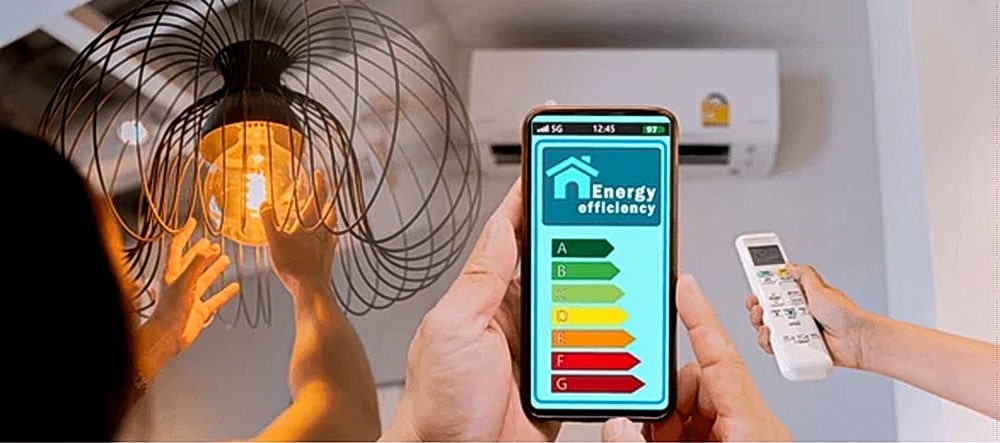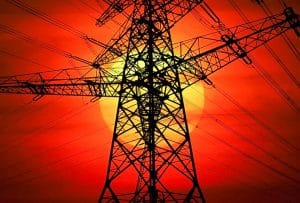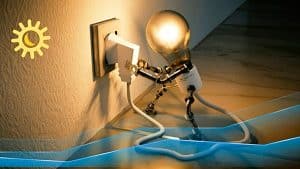The pursuit of energy efficiency within homes has gained significant momentum in recent years. With a focus on sustainability and cost-saving measures, homeowners nationwide seek ways to reduce energy consumption while maintaining comfort. Whether you reside in a bustling city or a serene countryside, optimising your home’s energy efficiency can substantially benefit both the environment and your wallet.
Switching to a better plan? You may already have an energy plan but want more power or to shop for a better deal.
Energy Matters' "Free Energy Bill Comparator" is a cutting-edge energy bill tool that compares your area's most competitive retail offers. We collect the data from our wide range of trusted retailers, allowing you to decide on the switching plan and find the best deal for your needs.
If your goal is to get more electricity and minimise the cost of your gas and electricity bills, switch to a better plan now!
Understanding the importance of energy efficiency
Environmental impact
Embracing energy efficiency in your home reduces your carbon footprint. Like many other countries, Australia faces environmental challenges, and cutting down on energy consumption aids in preserving natural resources and curbing greenhouse gas emissions.
Cost savings
Efficient energy use translates to lower utility bills. Implementing energy-saving measures reduces overall energy consumption, resulting in significant long-term savings on electricity, gas, and water bills.
Strategies for improving energy efficiency
Insulation and sealing | Draught seal
Draughts are another common source of heat loss. Proper insulation is crucial in maintaining a comfortable indoor temperature. Insulating walls, ceilings, and floors prevent heat transfer, reducing the need for excessive heating or cooling. Sealing air leaks around doors, windows, and ducts further enhances energy efficiency by preventing drafts.
- Use caulk or weatherstripping to seal gaps around windows and doors.
- Install door sweeps to seal the gap between the bottom of the door and the threshold.
- Weatherstrip or seal around other openings, such as vents and pipes.
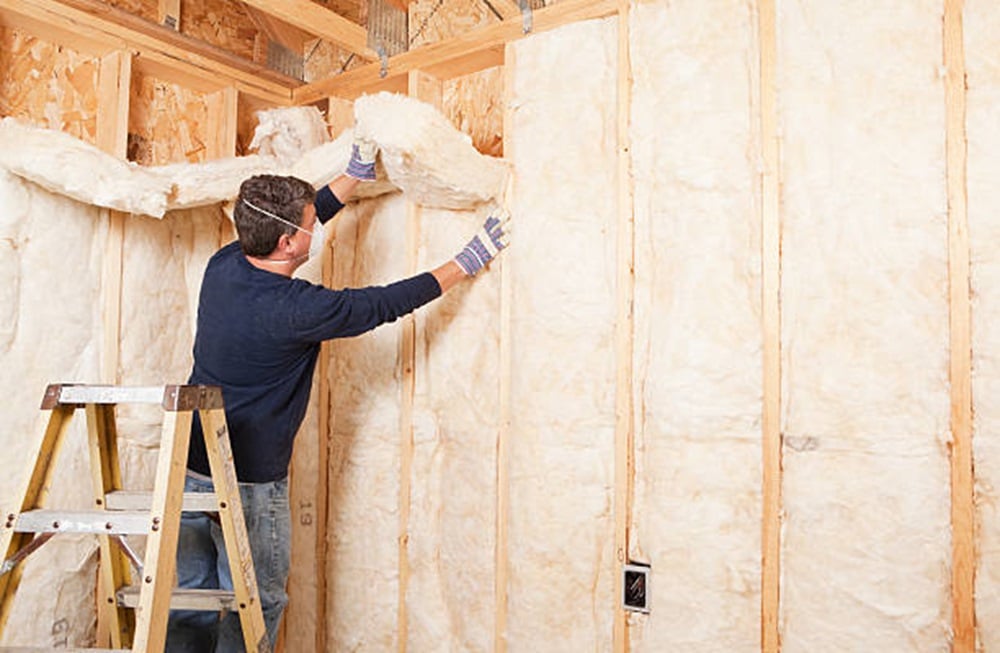
Energy-efficient appliances
Opt for appliances with high Energy Star ratings when replacing or purchasing new ones. Upgrading energy-efficient refrigerators, washing machines, air conditioners, and heaters can substantially reduce energy consumption and save you money on your bills.
- Choose appliances with a star rating. The more stars, the more energy-efficient the appliance.
- Look for appliances with the Energy Star label. This label indicates that the appliance meets certain energy-efficiency standards.
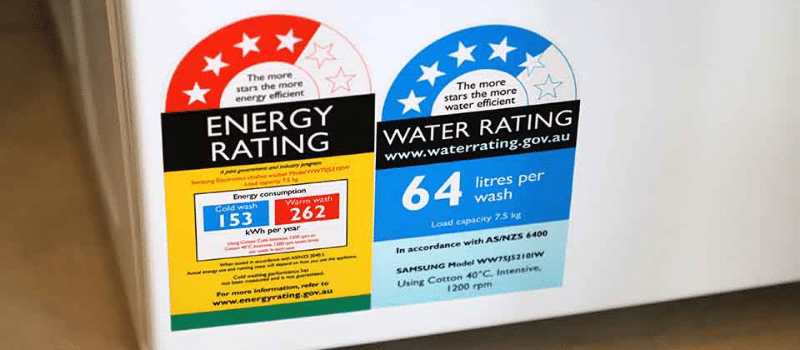
LED lighting
Switching to LED bulbs significantly reduces energy usage compared to traditional incandescent bulbs. LEDs are energy-efficient and have a longer lifespan, reducing replacement costs.
- Replace incandescent and halogen bulbs with LED bulbs. LED bulbs use up to 80% less energy than incandescent bulbs.
- Use natural light whenever possible. Open curtains and blinds during the day to let in natural light.
- Turn off the lights when you leave a room.
Solar power systems
Australia’s abundant sunlight makes it an ideal location for harnessing solar energy. Installing solar panels can generate electricity, reducing grid dependence and utility bills.
Solar power is a renewable energy source that can help you reduce your reliance on the grid and save money on your electricity bills. If you’re considering installing solar panels, many government rebates and incentives are available to help you get started.
- Get quotes from multiple solar installers.
- Choose a solar system that is the right size for your home.
- Consider financing your solar system.
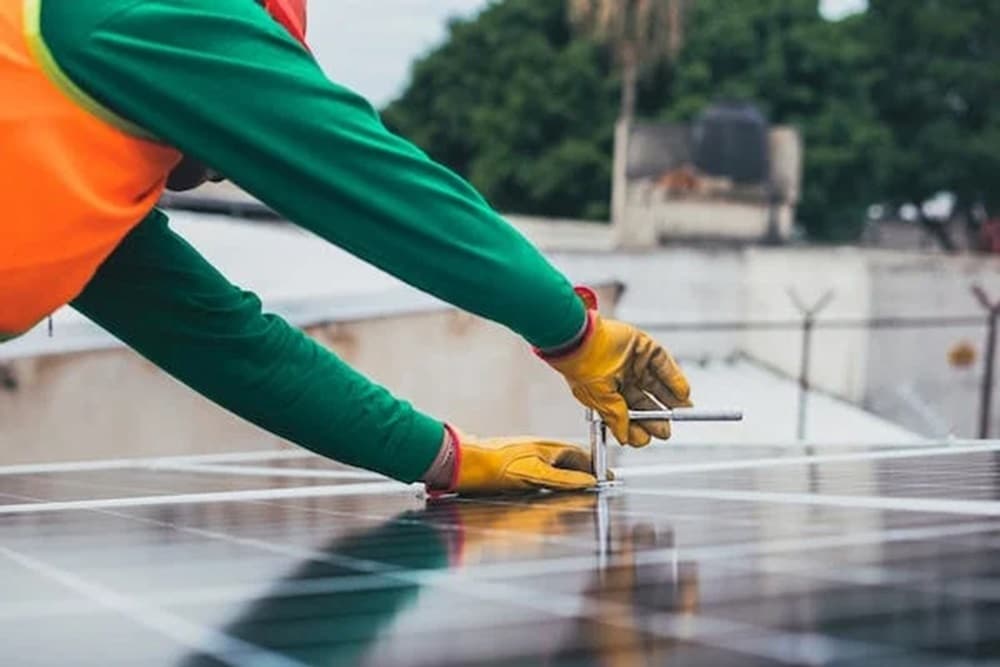
Experience a new level of energy savings with Energy Matters Marketplace - your one-stop shop for renewable energy products and more whether you're looking for solar panels, battery storage or outdoor or indoor products.
Hot water system
Your hot water system can be a major energy consumer. By upgrading your hot water system or changing how you use hot water, you can reduce your energy consumption and save money on your bills.
- Install a solar hot water system.
- Install a heat pump hot water system.
- Insulate your hot water tank.
- Take shorter showers.
- Wash clothes in cold water.
Window treatments
Windows can be a major source of heat loss in winter and heat gain in summer. By installing window treatments, you can help regulate your home’s temperature and reduce your energy consumption.
- Install double-glazed windows.
- Use blinds, curtains, or shades to block out sunlight in summer and keep heat in winter.

Mind your thermostat | Smart home technology
Embrace smart thermostats, power strips, and home automation systems to regulate energy usage more efficiently. These technologies enable remote monitoring and control of energy consumption, optimising usage patterns for greater efficiency.
- In summer, set your thermostat to 26 degrees Celsius or higher.
- In winter, set your thermostat to 18 degrees Celsius or lower.
- Use a programmable thermostat to adjust the temperature automatically when you’re away or asleep.
Government incentives and programs
Rebates and Grants: Various state and federal government initiatives offer rebates and grants to incentivise homeowners to adopt energy-efficient practices. These programs often subsidise installing solar panels, energy-efficient appliances, and insulation.
Energy audits
Some local councils or energy companies provide free or subsidised home energy audits. These assessments identify areas for improvement and suggest tailored strategies to enhance energy efficiency
Additional tips
Water conservation
Install water-efficient fixtures and appliances, fix leaks promptly, and consider harvesting rainwater for non-potable uses like watering gardens or flushing toilets.
Behavioural changes
Simple habits like turning off lights when leaving a room, using appliances mindfully, and washing clothes in cold water can contribute significantly to energy savings.
- Use a clothesline to air dry your clothes whenever possible.
- Wash your clothes in full loads.
- Unplug electronics when you’re not using them.
- Install a low-flow showerhead.
- Fix leaky faucets and pipes.
Achieving an energy-efficient home in Australia involves a multifaceted approach, encompassing technological upgrades, structural enhancements, and behavioural changes. By embracing these strategies and taking advantage of government incentives, homeowners can reduce their environmental impact, lower utility bills, and create a more sustainable living environment for themselves and future generations. Committing to energy efficiency benefits individual households and contributes to the collective effort to mitigate climate change and preserve the planet’s resources.
Going solar
Are you looking to save money on your electricity bills and reduce your carbon footprint? Solar energy is the perfect solution! Energy Matters can help you get up to 3 FREE solar quotes from pre-qualified and vetted solar firms in your area.
Energy Matters has been a leader in the renewable energy industry since 2005 and has helped over 40,000 Australian households in their journey to energy independence. With Energy Matters, you can be sure you're getting the best possible deal on solar energy. We only work with reputable solar firms with a proven track record of delivering high-quality solar systems.









